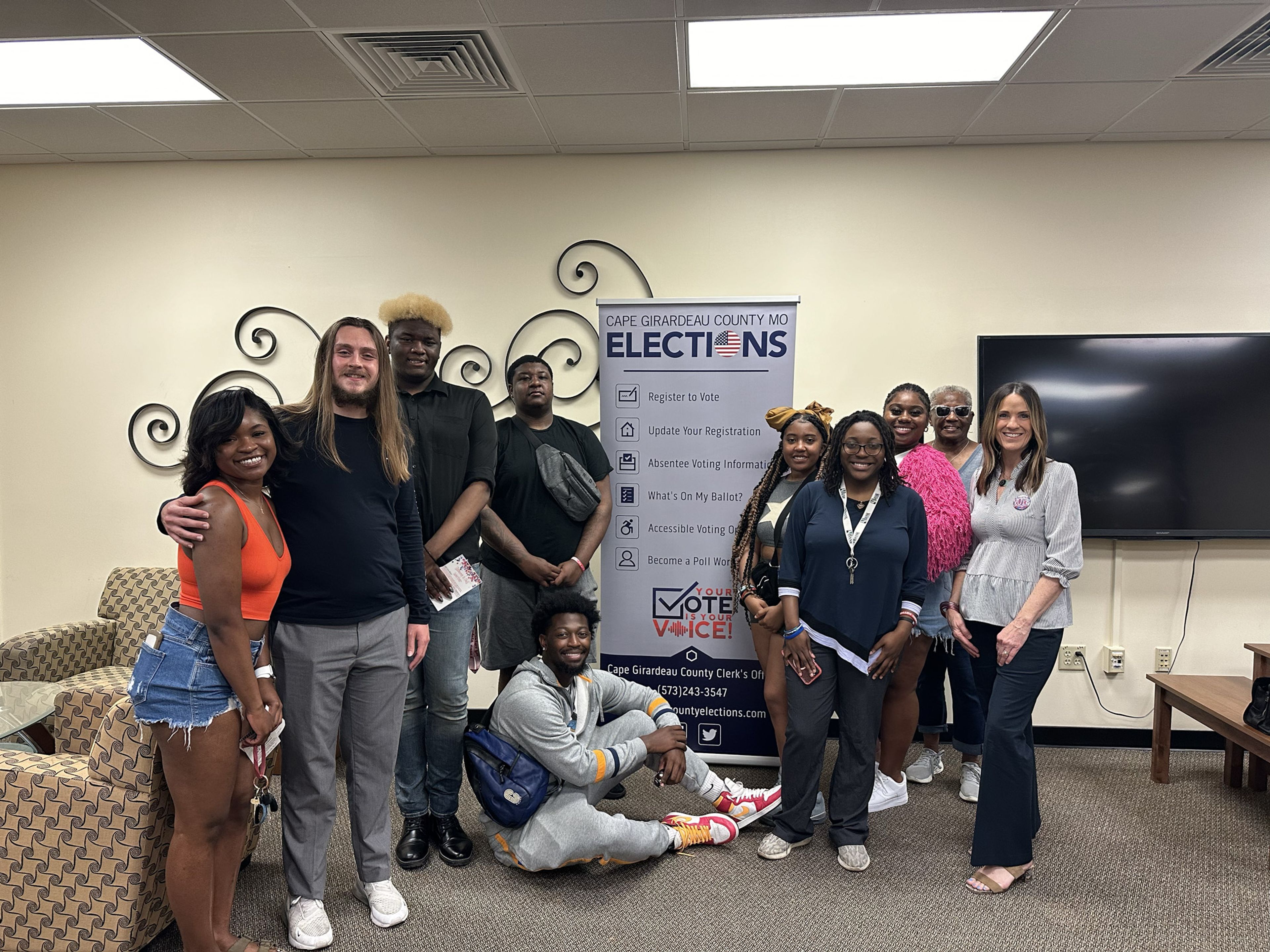On Feb. 8, Southeast Missouri State University’s Student Activities Council held an open forum to discuss the topic of rape and sexual assault on college campuses.
One of the central focuses of the forum, entitled “The Hook Up,” was to differentiate between a good sexual encounter, a bad sexual encounter and a sexual encounter with no consent given. “The Hook Up” is included in a series of educational programs from Catharsis Productions, an educational company founded in 2000, whose mission is to produce innovative programming that challenges oppressive behavior, according to the company’s website.
Keana Henderson, film and lectures coordinator, said the lecture was imperative due to the issue of sexual assault not being recognized enough at universities.
“I don’t think that sexual assault is talked about enough on college campuses because it makes people uncomfortable, and people don’t like to be uncomfortable if they don’t have to be,” Henderson said. “SAC voted to bring ‘The Hook Up’ talk to campus because we thought that it would be interesting, informative and engaging to have the conversation brought here — and it was.”
George Zarante, an Illinois State University alumnus, was the guest speaker for “The Hook Up” lecture and has traveled both nationally and internationally for eight years advocating against sexual assault.
After differentiating between consent and nonconsent, Zarante emphasized the importance of preventing sexual assault and how college students can help inhibit assault from happening. He encouraged the audience to be good bystanders when witnessing a suspicious interaction between people that appears to be potentially dangerous. This can be done, according to Zarante, by using four steps: direct, distract, delegate and delay. The first two steps, direct and distract, involve confronting the suspicious person and attempting to distract them from his or her potential victim. The last two steps, delegate and delay, are the steps in which a bystander involves other individuals to diffuse the situation.
Zarante asserted that rapists and assaulters will eventually be filtered out of college campuses with correct bystander intervention.
“It is really important to be a good bystander,” Zarante said. “If we all do our part to prevent sexual assault, we will eventually crowd out rapists and predators and can make college campuses a safe place. But it starts with us challenging the language that we think is funny or OK, and identifying words or actions that are inappropriate and not letting people off the hook. It’s as simple as stepping up and doing something about it when we see it.”
Modern American society has constructed harsh, hurtful labels for both men and women who exercise their personal sexual freedoms between consenting adults. Zarante encouraged students to think more carefully about these names used recklessly in music, television, film and even daily conversation, because it allows rapists to think their actions are permissible.
Students who know someone who is a victim of sexual assault, or are a victim of sexual assault themselves, may seek guidance or counseling from Counseling and Disability services at ucs@semo.edu.




